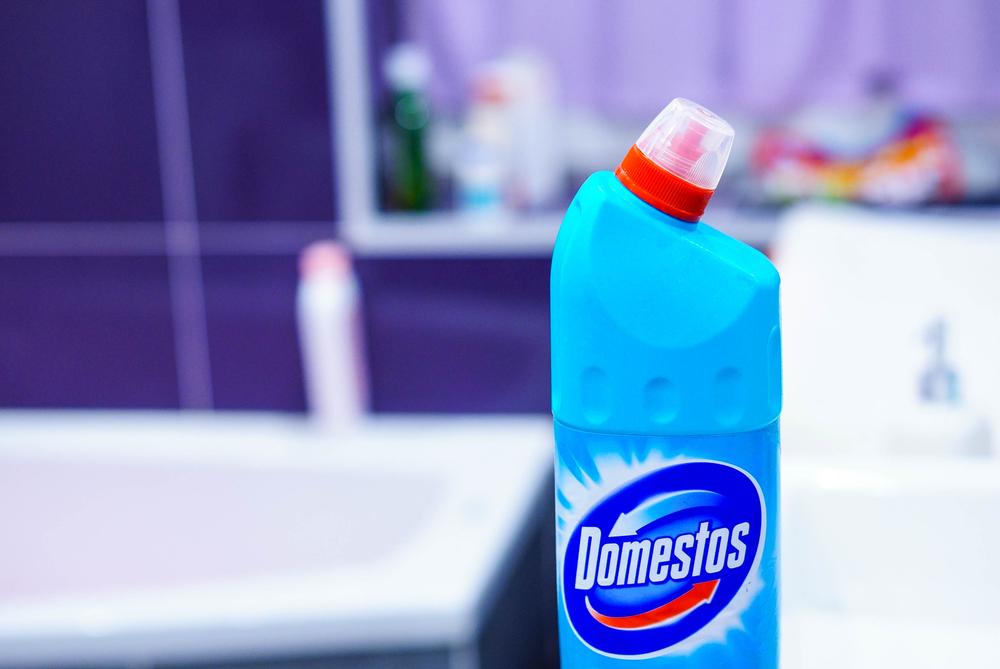Anglo-Dutch consumer goods conglomerate Unilever (LON:ULVR) has announced its plans to invest €1 billion in cutting out fossil fuel from its cleaning products as part of a move “to transform the sustainability of global cleaning”.
The manufacturing giant – which boasts a number of household name brands such as Cif, Domestos, and Persil – stated its plans to “source 100% of the carbon derived from fossil fuels in its cleaning and laundry product formulations with renewable or recycled carbon” by 2030.
Unilever’s announcement comes as part of the company’s ‘Clean Future’ initiative, designed to “embed the circular economy principles into both packaging and product” and reduce the carbon footprint of its global operations, with a €1 billion investment drive into “biotechnology research, CO2 and waste utilisation, and low carbon chemistry”.
The ‘Clean Future’ project also aims to “create biodegradable and water-efficient product formulations, to halve the use of virgin plastic by 2025, and support the development of brand communications that make these technologies appealing to consumers”.
It is the first initiative of its scale in the cleaning industry, and represents a “critical step” towards the company’s pledge to achieve net zero emissions across all of Unilever’s products by 2039.
“Most cleaning and laundry products available today contain chemicals made from fossil fuel feedstocks”, Unilever said in a statement on its website, celebrating its move to renewables as a “deliberate shift away from the fossil fuel economy”.
Up to 46% of the carbon footprint of Unilever’s cleaning products is sourced from fossil-fuel derived chemicals, but the company said that it expects the ‘Clean Future’ initiative to reduce the carbon footprint of its product formulations by “up to 20%”.
Peter ter Kulve, President of Unilever’s €11 billion Home Care wing, explains:
“Clean Future is our vision to radically overhaul our business. As an industry, we must break our dependence on fossil fuels, including as a raw material for our products. We must stop pumping carbon from under the ground when there is ample carbon on and above the ground if we can learn to utilise it at scale.
“We cannot let ourselves become distracted from the environmental crises that our world – our home – is facing. Pollution. Destruction of natural habitats. The climate emergency. This is the home we share, and we have a responsibility to protect it”.
Unilever enjoyed a boom in cleaning product sales during the coronavirus pandemic, with a surge in consumer demand for bleach-based solutions to help disinfect surfaces potentially contaminated with infection.
Kulve commented that Unilever was “incredibly proud” of its role in keeping people safe from Covid-19, but warned that the company should not slip into complacency as the climate emergency continues to rapidly gain pace.
Shares at Unilever have bounced 2.26% to 4,526.00p at BST 10:37 02/09/20, maintaining modest growth despite a painful 14.82% fall over the past 12 months.

